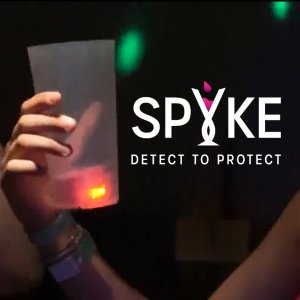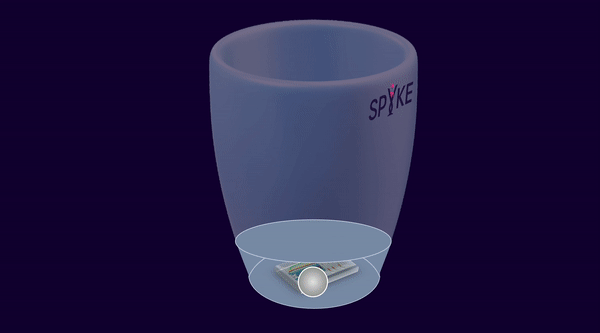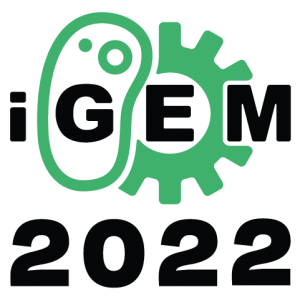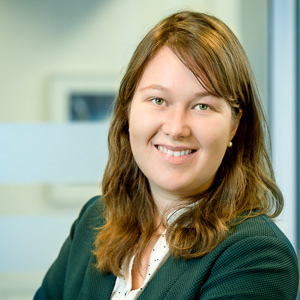
Innovations in the field of synthetic biology have many applications. For example, a TU-Delft student team, SPYKE, is working on an invention that can detect GHB drug in drinks. The team is doing this as part of the annual, international iGEM competition. V.O. is sponsoring this team: with advice and help with the patent application.
The IGEM – International Genetically Engineered Machine – competition gives students the opportunity to tackle societal problems through synthetic biology. GHB – gamma-hydroxybutyric acid – is originally a narcotic. It has become increasingly common in recent years as a nightlife drug, either pure or mixed with soda. About 30 minutes after ingestion, it provides a narcotic, relaxed feeling. People can also get the drug unintentionally in their drinks. Hospitals often cannot confirm that people have been drugged. This is because GHB is gone from the blood within three hours.
Cup with sensor
To efficiently detect GHB, the TU-Delft team designed a smart cup with two components. “Our cup consists of a fixed part and a screw-on part,” explains SPYKE team member Martina. ‘The fixed part is shaped like a normal glass. You pour the drink in it. The screw-on, rechargeable part is placed at the bottom and contains a biosensor and a light. As soon as the biosensor detects GHB, the light comes on. ‘Ideally, clubs, festivals and other entertainment venues provide these smart cups themselves. The partygoer can decide whether, for a few extra euros or not, he wants a normal or smart cup,’ Martina adds.

Advice on legal matters and IP
V.O. has been involved with iGEM for some time. ‘We enjoy helping young student teams with legal and intellectual property advice,’ says Blijke Kroezen, patent attorney at V.O. ‘This team was already well-versed in their intellectual property. Teams we helped before had often given away information about their invention beforehand. As a student team, this is understandable because you involve professors, for example. On the other hand, it can also get in the way of the patent application by damaging the novelty of the invention.
Scientific research

Team SPYKE has been working on the project since February. ‘There is a lot involved in such a project,’ Martina points out. ‘Fundraising, for example, is very important, because scientific research is expensive. With the money we raised we were able to finance our lab experiments. But applying for a patent is also difficult. That is why we are happy that V.O. wants to help us with this’.
All participating teams will present their results from Oct. 26 to 28. On the last day, the winner will be announced. Follow the competition at igemtudelft.nl.


